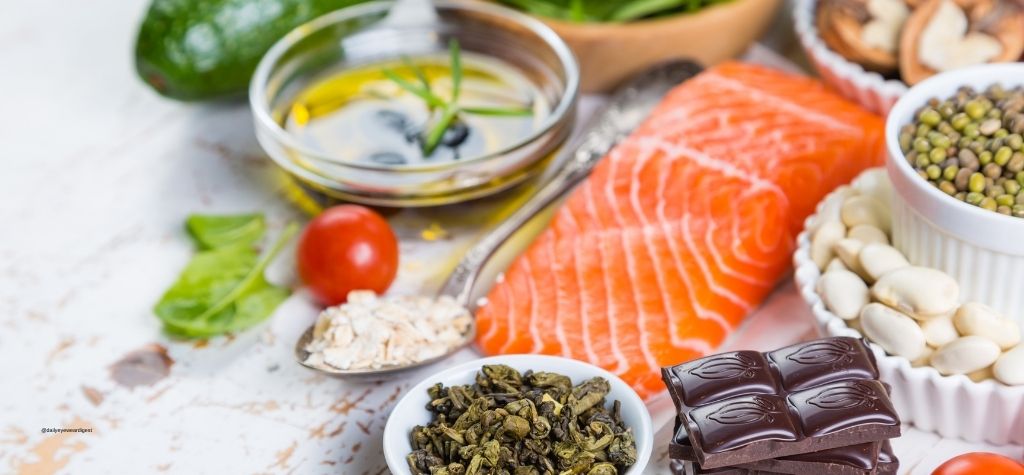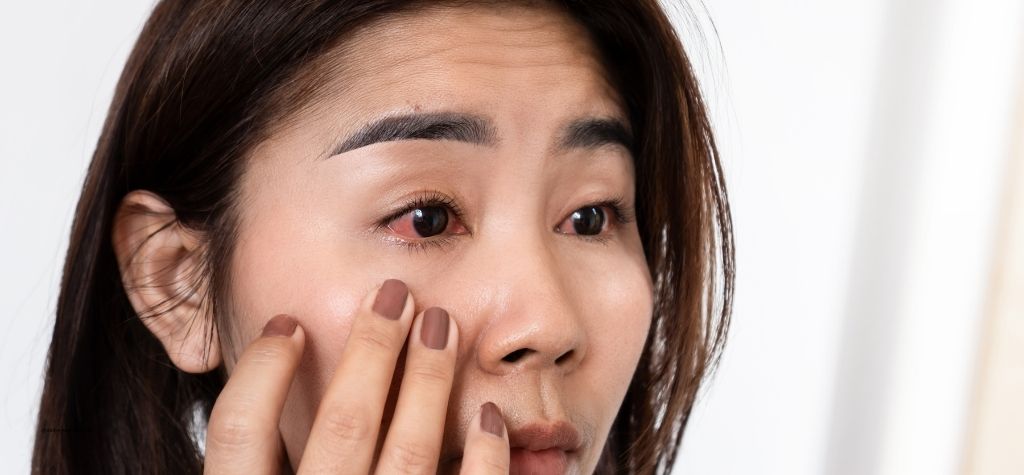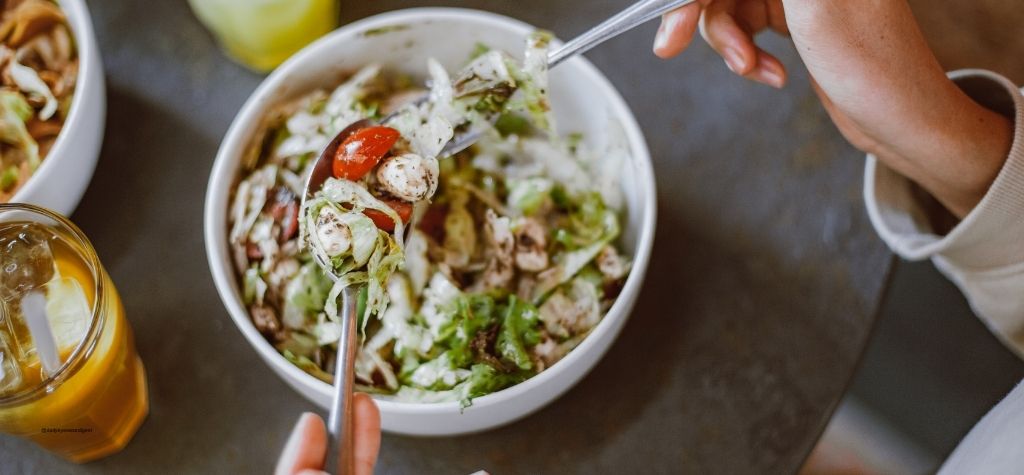Your diet affects more than your waistline—it plays a significant role in your vision and overall eye health. In 2025, as screen usage and poor dietary habits increase, recognizing how nutrition impacts your eyes is essential. This guide highlights seven unexpected signs that your diet may be harming your eyes and offers actionable steps to improve your nutrition for optimal vision.
Understanding Eye Nutrition

How Your Diet Impacts Your Vision
Your eyes rely on a steady supply of essential nutrients to function properly. Deficiencies in vitamins, minerals, and fatty acids can lead to a range of eye problems, from dryness to vision loss.
Key Nutrients Needed for Healthy Eyes
- Vitamin A: Supports night vision and prevents dryness.
- Omega-3 Fatty Acids: Maintains hydration and reduces inflammation.
- Zinc: Helps with healing and immune function.
- Vitamin B12: Prevents light sensitivity and nerve-related issues.
- Antioxidants (Lutein and Zeaxanthin): Protects against oxidative damage.
Sign 1: Dry and Irritated Eyes
Why Lack of Omega-3s Causes Dry Eyes
Omega-3 fatty acids, found in fish and nuts, help maintain the lipid layer of tears. A deficiency can lead to dryness and irritation.
Foods to Include for Eye Hydration
- Salmon, mackerel, and sardines.
- Walnuts, chia seeds, and flaxseeds.
Sign 2: Difficulty Adjusting to Low Light

Vitamin A Deficiency and Night Blindness
Vitamin A is critical for the production of rhodopsin, a pigment in the retina that helps you see in dim light. Without it, night vision suffers.
Best Food Sources for Boosting Vitamin A
- Carrots, sweet potatoes, and butternut squash.
- Leafy greens like spinach and kale.
Sign 3: Frequent Eye Twitching
Magnesium Deficiency and Muscle Spasms
Eye twitching can be a sign of low magnesium, which helps regulate muscle and nerve function.
Nutrient-Rich Foods to Prevent Twitching
- Almonds, spinach, and avocados.
- Whole grains like quinoa and brown rice.
Sign 4: Blurred Vision
Blood Sugar Levels and Eye Health
High sugar levels can damage the blood vessels in your eyes, leading to blurred vision. This is especially common in people with diabetes.
How Excess Sugar in Your Diet Can Harm Your Vision
Cutting back on refined sugars and processed foods helps maintain stable blood sugar levels, protecting your eyesight.
Sign 5: Red or Bloodshot Eyes

Poor Hydration and Eye Irritation
Dehydration reduces tear production, causing redness and discomfort. A lack of anti-inflammatory nutrients can worsen the problem.
How a Balanced Diet Prevents Inflammation
- Drink plenty of water throughout the day.
- Include anti-inflammatory foods like berries, broccoli, and turmeric.
Sign 6: Sensitivity to Light
Vitamin B12 Deficiency and Photophobia
Light sensitivity can indicate a lack of Vitamin B12, essential for healthy nerves and overall eye function.
Foods That Help Restore Vitamin B12 Levels
- Meat, fish, and dairy products.
- Fortified cereals and plant-based milk alternatives.
Sign 7: Slow Healing of Eye Injuries
Low Zinc Levels and Wound Recovery
Zinc aids in the healing process and supports the immune system. A deficiency can delay recovery from eye injuries or infections.
Zinc-Rich Foods to Speed Up Healing
- Oysters, beef, and poultry.
- Legumes like chickpeas and lentils.
How to Improve Your Diet for Better Eye Health

Balanced Diet Tips for Vision Protection
- Eat a colorful variety of fruits and vegetables.
- Include lean proteins, whole grains, and healthy fats.
- Limit processed foods and sugary snacks.
Supplements for Eye-Specific Nutrients
If dietary changes aren’t enough, consider supplements for Vitamin A, Omega-3, and zinc, but consult a doctor first.
Misconceptions About Food and Eye Health
Debunking Myths About Carrots and Vision
While carrots are beneficial, they aren’t the sole food for good eyesight. A balanced diet matters more.
The Truth About Superfoods for Eyes
No single food can guarantee perfect vision. A combination of nutrient-rich foods is key.
FAQs
- Can poor nutrition lead to permanent eye damage?
Yes, long-term deficiencies can cause irreversible issues like macular degeneration. - How does sugar affect vision?
Excess sugar damages blood vessels in the eyes, potentially leading to vision problems. - Are supplements as effective as natural food?
Whole foods are better, but supplements can fill gaps when needed. - How long does it take for diet changes to impact eye health?
Visible improvements may take weeks to months, depending on the deficiency. - What are the best snacks for eye health?
Nuts, seeds, berries, and baby carrots are excellent choices. - Are fatty foods bad for your vision?
Unhealthy fats harm vision, but healthy fats like Omega-3s are beneficial.
Conclusion
Your diet plays a crucial role in maintaining your eye health. Recognizing the signs of poor nutrition, such as dry eyes, sensitivity to light, or blurred vision, is the first step. By incorporating nutrient-rich foods and staying hydrated, you can prevent eye strain and protect your vision for years to come.

